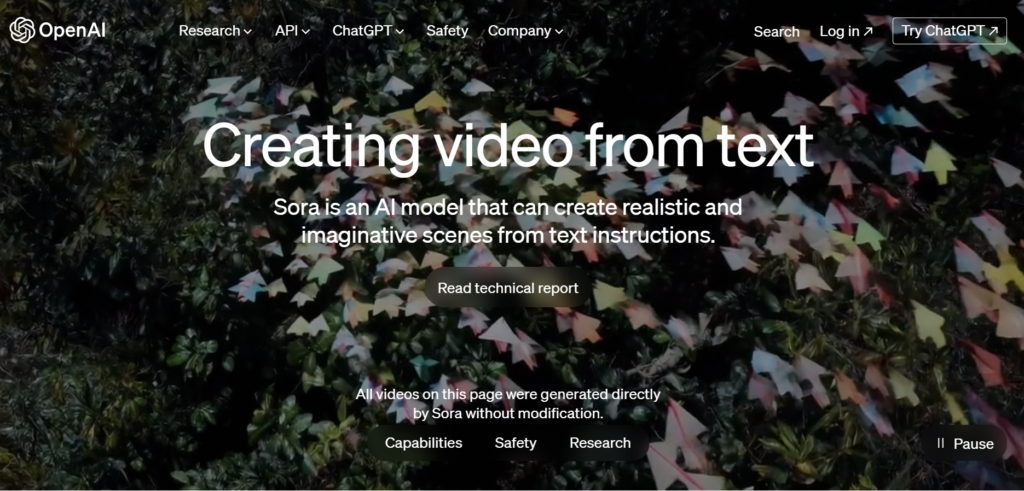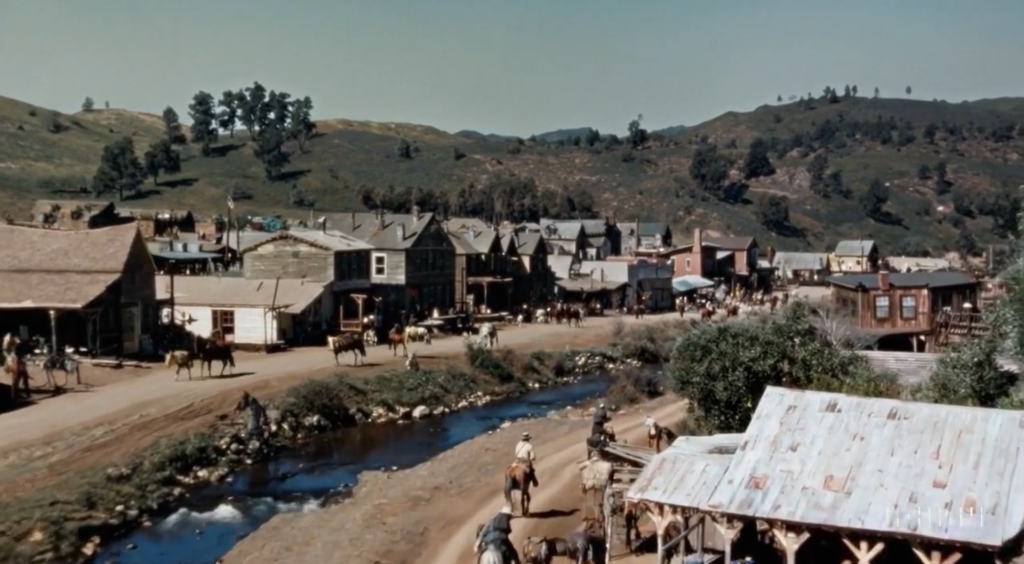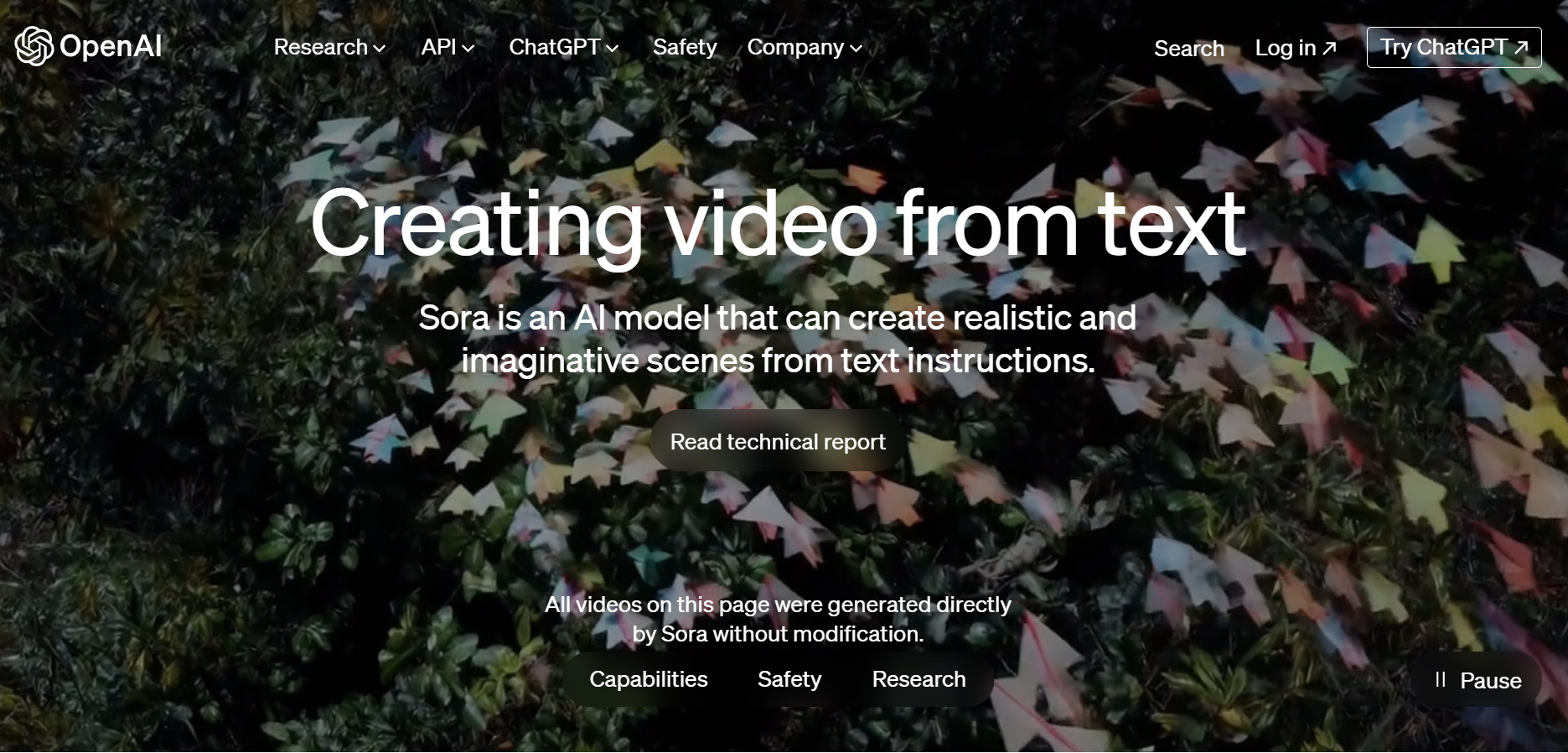Limited Scope of AI: While AI models like OpenAI’s Sora can generate impressive visuals and even basic narratives, they currently lack the emotional depth, nuanced storytelling, and unique artistic vision that define human creators.

Collaboration is Key: Instead of replacement, imagine AI as a powerful tool that can augment human creativity. Artists and filmmakers can leverage AI for tasks like generating storyboards, exploring diverse visual avenues, or handling repetitive tasks, freeing up their time and energy for the conceptual and emotional core of their work.

Challenges and Concerns:
- Job displacement anxieties: Some jobs might be impacted, but new opportunities could emerge in areas like AI development, content curation, and human-AI collaboration.
- Ethical considerations: Biases in algorithms and the potential for deepfakes require careful attention and responsible development practices.
- Over-reliance on AI: Overlooking the importance of human judgment and artistic expression could lead to formulaic and uninspired content.

The Future of the Collaboration:
- Focus on human strengths: Humans excel in emotional intelligence, empathy, and cultural understanding, which remain crucial for creating truly impactful stories and visuals.
- Ethical frameworks: Establishing guidelines for responsible AI development and content creation is essential to ensure fairness, diversity, and transparency.
- Education and upskilling: Preparing individuals for a future where AI plays a significant role requires ongoing education and training in relevant skills.

In conclusion, AI content creators won’t replace artists and filmmakers. Instead, they will likely become powerful tools to enhance creativity, potentially leading to a new era of collaboration and artistic innovation. The future lies in embracing the strengths of both humans and AI, while addressing challenges and ensuring ethical development to create a more diverse and inclusive creative landscape.tunesharemore_vert
